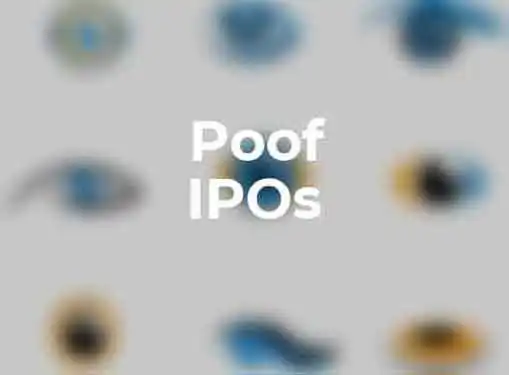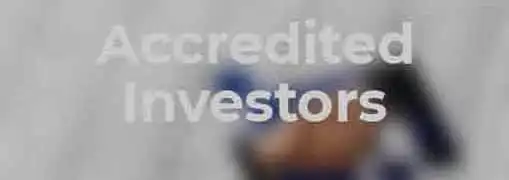Business Finance
Poof IPOs
It sounds crazy but it's done many times. Get a bunch of companies to agree to be acquired by you, contingent on your going public and raising money to pay off the acquired company owners. It's called a Poof IPO and it's a novel business finance concept that has been used to make something out of nothing.
An IPO is beyond the reach of most small businesses.

But believe it or not, there is a way for even the smallest companies to make the transition from private to public. It's called a poof IPO, and it could be your best bet for making something big out of almost nothing at all.
Poof IPOs rely on a strategy called a "roll-up". Here's how it works: A small company or entrepreneur approaches several other small businesses with a proposition to purchase their companies through an IPO. Although the companies may not be identical, they do need to be similar and located within the same industry. The IPO consolidates the smaller companies into a single corporation and compensates the owners through a combination of cash and equity.
Ideally, everyone wins in a poof IPO. The small business owner gains the advantage of a public company regardless of the size of his company. The owners of the businesses being consolidated are able to cash out on their companies and retain equity in the new entity. However, poof IPOs can turn ugly because, like any other business transaction, there are certain risks involved in the process.
Consolidation Woes
The success of a poof IPO hinges on the ability of the new company to effectively consolidate the operations of several small businesses. Consolidation rarely occurs naturally. It requires an experienced leader to guide and direct the process. In the worst case scenario, an ineffective consolidation can cause the company's stock to plummet, leaving the small business owner - and the owners of the companies that have been consolidated - holding the bag on a pile of worthless stock.
Lack of Focus
Another factor in the demise of many poof IPOs is a lack of focus or the inclusion of inappropriate companies in the roll-up. If the companies are too diverse, consolidation will be difficult, if not impossible. Also, some companies may not be good roll-up candidates due to their industry or business-type. If the company is heavily dependent on one or two key customers, the loss of those customers could put the entire company at risk. Remember: The decision to include a company in a roll-up boils down to the value it can offer the larger public company. If it's ability to contribute to the public company is questionable, it's probably not the right candidate for the job.
Weak Management
The long-term outlook of a poof IPO is largely determined by the strength of its management team. The initial acquisition of companies and IPO roll-out is only the beginning of the process. Ultimate success depends on management's ability to navigate the unique challenges and opportunities that arise at one, three, and five year benchmarks. If the decision to pursue a poof IPO is on your horizon, it's critical to enlist the assistance who is experienced in the dynamics of this non-typical business strategy.
Share this article
Additional Resources for Entrepreneurs



Conversation Board
We greatly appreciate any advice you can provide on this topic. Please contribute your insights on this topic so others can benefit.